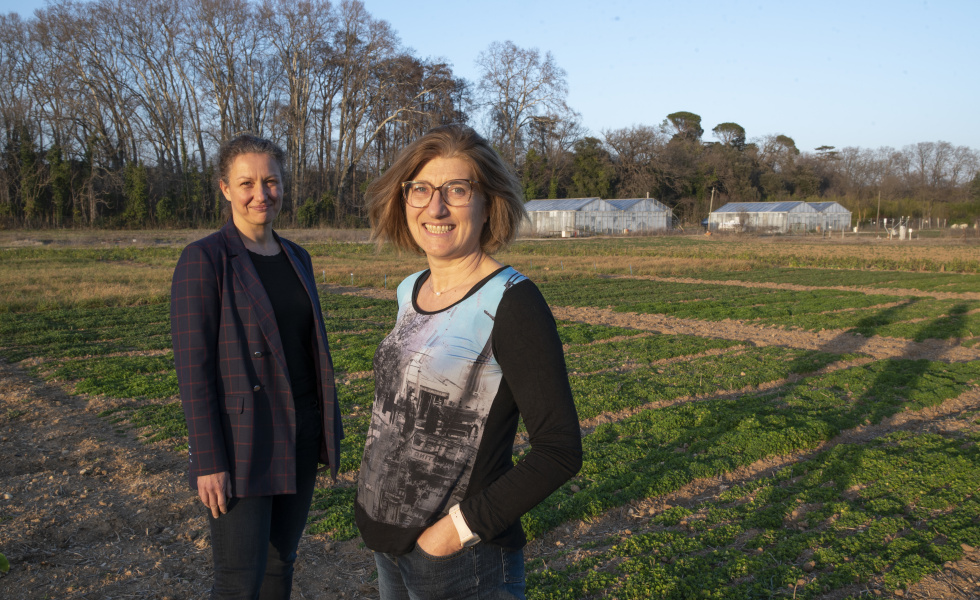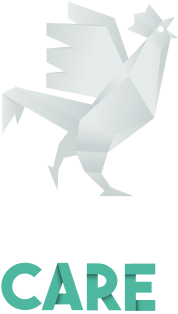Since its launch in June 2020,
Occitanum has been working on two main missions through new full-scale experiments: to mobilize digital technologies in the Occitanie region and make them available for agroecological and food system transitions. The long-term objective is to provide farmers with an opportunity to improve their income and offer the public access to local and sustainable food.
Winner of the 2019 “Territoires d’Innovation” program, this regional
living lab, led and coordinated in Occitanie by the
National Research Institute for Agriculture, Food, and the Environment (INRAE), has already been implemented at thirteen locations in order to cover the entire region and innovate in seven target segments: beekeeping, arboriculture, animal husbandry, field crops, market gardening, viticulture, and local food production.
A total of 49 partners have joined forces around the project’s nine sponsors, including local authorities such as the Occitanie Region, plus territorial development stakeholders (Occitanie’s Regional and Departmental Chambers of Agriculture, the Coop de France Occitanie confederation), AgTech companies, several cooperatives, and research and education players led by #DigitAg.
Despite the health crisis, Occitanum made its mark in 2021. In the areas where it operates, the living lab has gone out to meet with agricultural leaders, engineers, and technicians to raise awareness about the latest digital technologies and, at the same time, build a practicing community with them, ready to engage in open innovation processes.
To make it easier to raise awareness, Occitanum is sponsoring a Mobilab – a mobile
fab lab – that explains how sensors work to farmers and technicians. Established and supported by
Institut Agro Montpellier, the Mobilab is an educational tool that seeks to demystify digital technologies and demonstrate their benefits.
“During this first year, we focused on jointly building the living lab, which involved setting up a working community,” explains Cécile Bruère, Project Manager for Occitanum.
It is indeed a collaborative approach. By mobilizing players in the field, Occitanum’s leaders, notably chambers and technical institutes, convey the needs of farmers seeking to improve their activity. A call for proposals was launched to identify digital solutions that could address the challenge, to be tested in real-world situations. If these solutions do not exist, they will be developed jointly through innovative and evaluated projects.
“The core purpose of Occitanum is to provide useful information to farmers about digital devices that can help them in their practices, that is, information from the field. We evaluate changes in practices through the lens of sustainability’s three pillars – economic, ecological, and social – which includes quality of life at work,” explains Véronique Bellon-Maurel, Occitanum’s coordinator. She is also a researcher at INRAE and director of #DigitAg, the only convergence institute in France dedicated to working on connected agriculture. She continues: “This leads us to design evaluation methods that are easy to implement.”
Occitanum relies heavily on resources provided by #DigitAg to move forward, just as it does for training and support. #DigitAg is an institute that unites more than 700 scientists, researchers, and research professors.
Given that the purpose of the “Territoires d’innovation” program is to foster the innovation potential of territorial players to assist and accelerate major transitions, Occitanum fits naturally with Montpellier Métropole’s DNA and with the objectives of its Med Vallée program.
In addition, the living lab hopes to form a partnership with Montpellier Métropole this year as part of its seventh theme: local food.
“We are working on the same issues related to food system transition as Montpellier Métropole,” concludes Véronique Bellon-Maurel.



